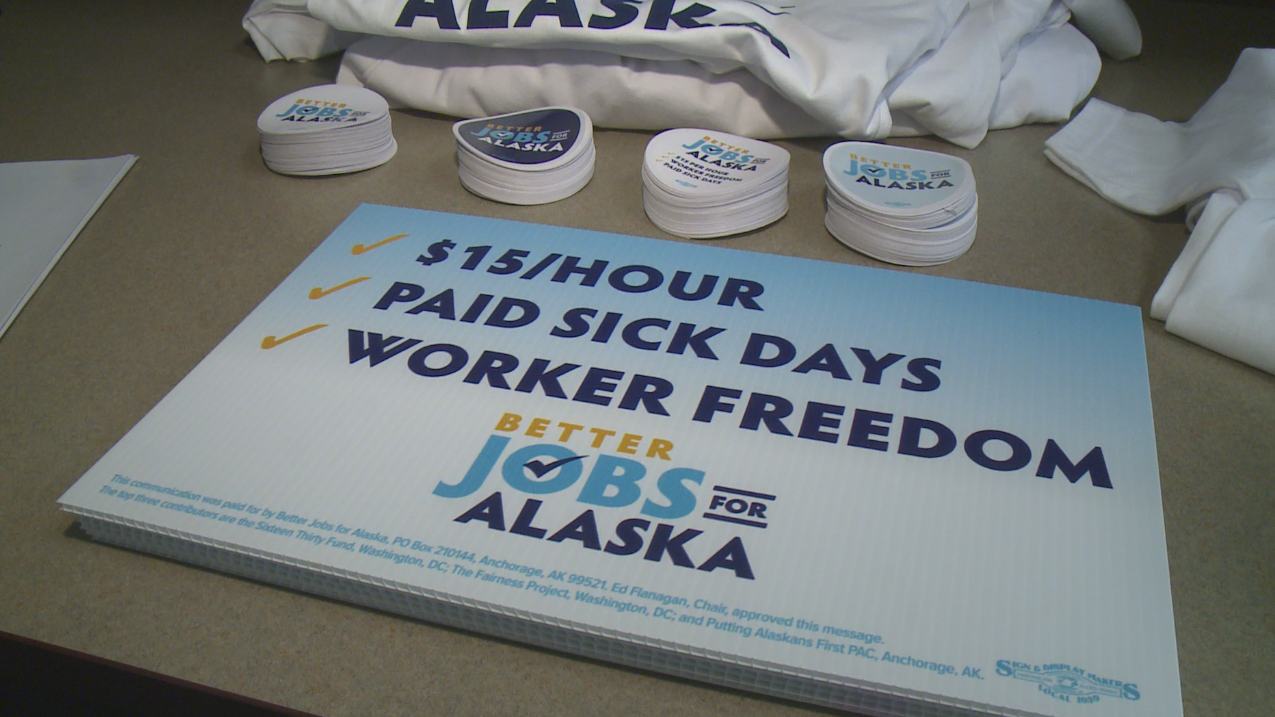We all know people who are masters in their field: Michel Jordon in basketball, Wayne Gretzky in hockey, Yo-Yo Ma playing the cello, Warren Buffett in investing, and Jane Goodall with chimpanzee research, to name a few. These people have spent thousands of hours researching and practicing to attain mastery. Most people do not need mastery status. They only need to be proficient, which can be obtained in 18 minutes daily.
Research by K. Anders Ericsson states, “Consistently and overwhelmingly, the evidence showed that experts are always made, not born… It takes time to become an expert. Even the most gifted performers need a minimum of ten years (or 10,000 hours) of intense training before they win international competitions.”
Malcolm Gladwell popularized the 10,000-hour threshold in his book Outliers: The Story of Success. Gladwell explored the lives of successful individuals, such as athletes, musicians, and business magnates, to uncover patterns that led to their extraordinary achievements. He found that many of these high achievers had invested a considerable amount of time, approximately 10,000 hours, into honing their craft.
If a person believes it takes 10,000 hours to see results, they are far less likely to start in the first place. For most people, it only takes 1% of that effort to be competent in a new skill or 100 hours. If a person spends 100 hours a year in any discipline, they will be better than 95% of the world in that field.
For example, learning a sports skill is an excellent example of this theory. It takes approximately 30 hours for someone with no experience to learn how to swim 50 meters without stopping. This level will allow a person to have fun on basic water outings but is still below the average swimmer. People who practice for 100 hours a year will be better than most as they learn to improve their stroke and breathing skills.
While sports skills are one example, this theory applies to fields of knowledge and practical skills. Anyone who spends 100 hours learning about economics, nutrition, or art history will seem impressively knowledgeable on the subject. Anyone can know subject matter such as operating new machinery, communicating effectively with colleagues, writing computer code, and public speaking within 100 hours per year.
What do 100 hours really mean? If a person spent just 18 minutes every day for a year on a new skill or learning a new subject, it equates to 109.5 hours for the year.
Here is how anyone can harness the power of 18 minutes a day to enhance their learning journey:
1. Set Clear Goals: Identify the skills or subjects you want to explore and define achievable goals for each. Breaking them down into smaller milestones will make the learning journey more manageable.
2. Prioritize 18 Minutes: Dedicate 18 minutes of focused practice to the skill you wish to learn. Block this time out, and do not let any distractions occur.
3. Find a Mentor: Seek out resources and mentors to guide you, and be open to feedback and constructive criticism.
4. Track Your Progress: Keep a journal or use a tracking app to record progress. Document the skills and breakthroughs through the process, serving as a motivational tool throughout the journey.
5. Celebrate Achievements: Acknowledge and celebrate milestones achieved along the way.
6. Trust the 18 Minutes: Have faith in the power of 18 minutes a day. By consistently dedicating this time to focused practice, anyone can unlock their potential and achieve competence in many areas.
The 100-Hour Rule and the dedication of just 18 minutes a day allow people to be proficient in any area. With deliberate practice and consistency, people can unlock their potential, expand their skillset, and embrace the joy of lifelong learning.










